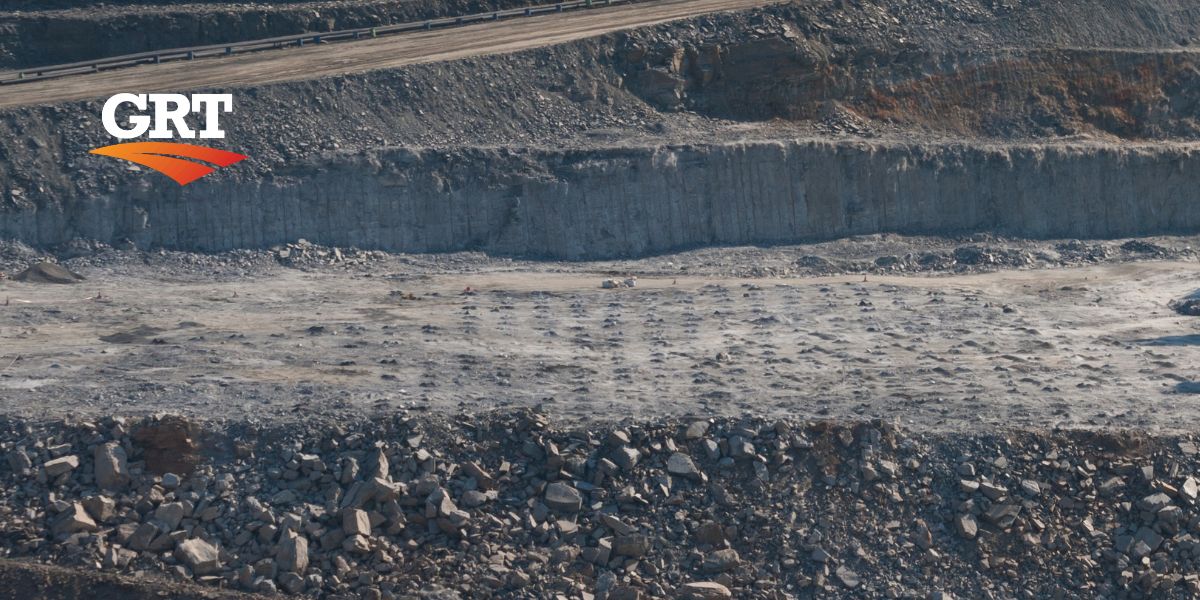Australia is blessed with abundant space and a wealth of natural resources. Because of this, our heavy Industries remain critical national employment and productivity drivers.
And, despite the shift towards a service or knowledge-based economy – as we see around the globe – blue-collar sectors continue to provide massive annual revenues and a significant contribution to Aussie GDP.
Mining and Resources Remain Huge Contributors to Australia’s Prosperity
While Industrial companies around the country continue to power ahead, awareness has snowballed of the risks posed by industrial applications and, in general, the work required to keep businesses safely operational.
Dust emission is one of the major hazards that must be controlled. With significant flow-on effects on humans, wildlife and the broader environmental landscape, dust control has risen to prominence recently.
Micro-fine dust emission, undetectable to people, has been shown to cause severe and sometimes fatal illnesses, pushing the dust control issue to the forefront of our industrial landscape. So let’s dive into the significant sources of dust pollution in and around Australia’s industrial applications.
Are environmental regulations, health and safety concerns or potential profit loss a concern right now?
Discovering the Industrial Sources of Dust
We readily associate the mining and resources industry with great plumes of red dust, but as we’ve learned, it’s often what we can’t see that’s most harmful.
And dust emissions are prevalent in our busy world, from around the home and office, on construction and roadbuilding sites, to our most robust industrial applications.
Here are some of the biggest industrial fine-dust (most harmful) polluters down under:
- Mining and Quarrying
- Construction and Demolition
- Manufacturing
- Agriculture
- Woodworking
- Transportation
- Waste Management
- Power Generation
Noting its responsibility for respiratory and cardiovascular injury, companies now seek to eliminate and control dust sources wherever possible.
And while it’s almost impossible to mitigate dust in our industrial settings fully, awareness of the problem has been the first step, and solutions have come a long way in unison.
Engineering controls are at the top of the list, as these can place a physical barrier between people, the environment and fauna that would experience the adverse effects of dust pollution.
However, in many cases, impermeable barriers aren’t a viable option.
Enter modern dust suppression techniques.
Controlling Dust in Industrial Applications with GRT
Australian-based Global Road Technology (GRT) is dedicated to improving how industrial dust hazards are managed and mitigated.
GRT’s locally crafted products protect from harmful dust inhalation and are designed to have a minimal direct impact on the environment in which they’re used.
Add to that modern connectivity features using the IoT and remote monitoring make GRT’s solutions widely applicable – and valuable – across Australia’s industries.
For advanced above-ground polymer-based soil stabilisation that’s safe and effective, check out GRT’s range of products, like GRT7000 and GRT9000, here!
In addition, GRT’s new SMART Dosing Units provide cutting-edge solutions for industrial applications and have been tried and tested around the globe with some of our biggest mining firms.
Check out one of our previous articles on the benefits of dust suppression in mining:
The SMART acronym covers the following:
- Sustainability
- Mining
- Autonomy
- Reporting
- Technology
Learn more about the SMART Dosing Units here!
Summary
Australia’s blue-collar and industrial sectors remain major economic drivers of employment and growth. However, mining, resources, and construction applications, among many others, throw up some natural environmental challenges.
One of those is dust emission.
Harmful to human health and the environment more broadly, the world needs better solutions to mitigate the risks.
GRT is working hard to improve how dust suppression is done Down Under while ensuring its products are safe to use and provide all the benefits of modern connectivity and autonomy.
From custom-designed polymer products to remote SMART Dosing Units, GRT remains a global leader in dust suppression techniques for industrial applications.
Check out our solutions today!
Your feedback is important to us.
If you enjoyed reading this Global Road Technology industry update and found it informative, please let us know by leaving a REVIEW.
Troy Adams
Troy Adams is the Managing Director of Global Road Technology (GRT) Specialising in Engineered Solutions for Dust Suppression, Erosion Control, Soil Stabilisation and Water Management. A pioneering, socially conscious Australian entrepreneur, Troy Adams is passionate about health and safety and providing innovative solutions that are cost-effective to the mining industry, governments and infrastructure sectors. Troy is also a tech investor, director of companies like Crossware, Boost, Hakkasan, Novikov and more.

